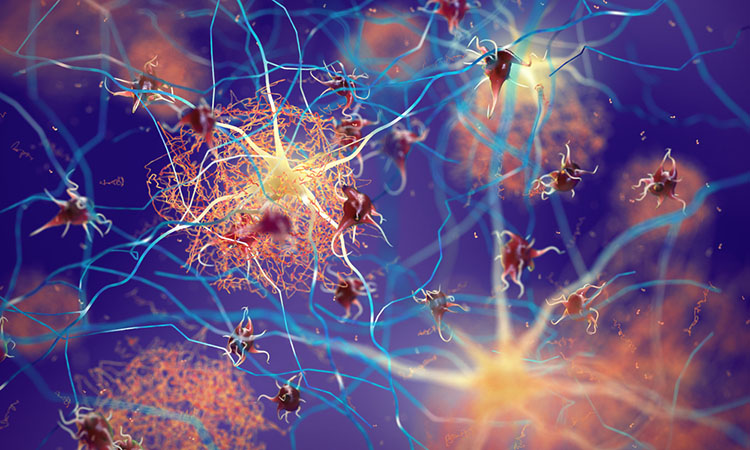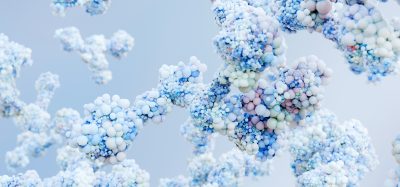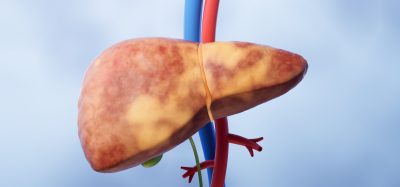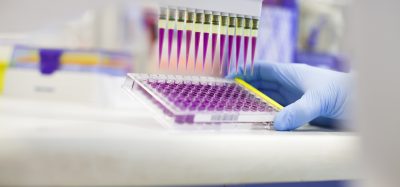Astrocyte protein RTP801 linked to Alzheimer’s cognitive decline
Posted: 2 June 2025 | Drug Target Review | No comments yet
A new study from the University of Barcelona’s Institute of Neurosciences has discovered a crucial role for the RTP801 protein in astrocytes, potentially making way for future therapies aimed at slowing or reversing cognitive decline.


A new study led by researchers at the University of Barcelona’s Institute of Neurosciences (UBneuro) has found a previously unknown molecular mechanism behind the cognitive deterioration associated with Alzheimer’s disease. Published in Alzheimer’s & Dementia, the research identifies the crucial role of the RTP801 protein in astrocytes, a type of brain cell, which could lead to new treatment possibilities.
Unlocking a new role for astrocytes in Alzheimer’s
Astrocytes have increasingly been recognised as active players in regulating brain health. The new study provides the first evidence of how the RTP801 protein, previously linked to neuronal stress and cell death, also plays a vital role in astrocyte function and neurodegeneration.
“Astrocytes, previously considered passive support cells, act as active regulators of neurodegenerative processes, including the maintenance of excitatory-inhibitory balance and neuroimmune responses.” explains Professor Cristina Malagelada, who led the study. “RTP801 is a stress response protein involved in neuronal dysfunction, but its specific role in astrocytes was not well known”
Silencing RTP801: a step toward reversing brain damage
Using advanced gene therapy, the research team selectively silenced the expression of RTP801 in astrocytes located in the dorsal hippocampus – a region heavily implicated in memory and learning. Their findings showed significant improvements in spatial memory and functional brain connectivity in animal models of Alzheimer’s disease.
“In Alzheimer’s disease, dysfunction of these circuits leads to cognitive impairment, emotional dysregulation and disruption of brain network activity, which are key aspects of disease progression,” says Almudena Chicote, first author of the study. “In addition, we also examined its influence on neuroinflammatory markers, specifically astrogliosis, microgliosis and inflammasome activation.”
Restoring balance with GABA and PV+ neurons
One of the key findings of the study was its impact on gamma-aminobutyric acid (GABA), the brain’s primary inhibitory neurotransmitter. Alzheimer’s disease is known to reduce GABA levels, contributing to neuronal overexcitement and cognitive decline.
Alzheimer’s disease is known to reduce GABA levels, contributing to neuronal overexcitement and cognitive decline.
The team discovered that RTP801 silencing helped rescue a specific subset of neurons, parvalbumin-positive (PV+) interneurons, which are key producers of GABA in the hippocampus.
“Silencing the RTP801 protein may help reverse some of the damage to PV+ interneurons in the hippocampus, and this could help restore adequate GABA production and improve brain function,” Chicote notes.
Toward new therapies for Alzheimer’s
Looking forward, the researchers plan to expand their investigations to further validate RTP801 as a therapeutic target. Their findings suggest that targeting RTP801 in astrocytes could mitigate some of the key pathological features of Alzheimer’s. This represents a promising new direction for developing treatments aimed not just at symptoms, but at modifying the underlying disease process.
As Alzheimer’s continues to affect millions worldwide without a cure, discoveries like this are crucial, not only in understanding the disease, but in finding new ways to fight it.








